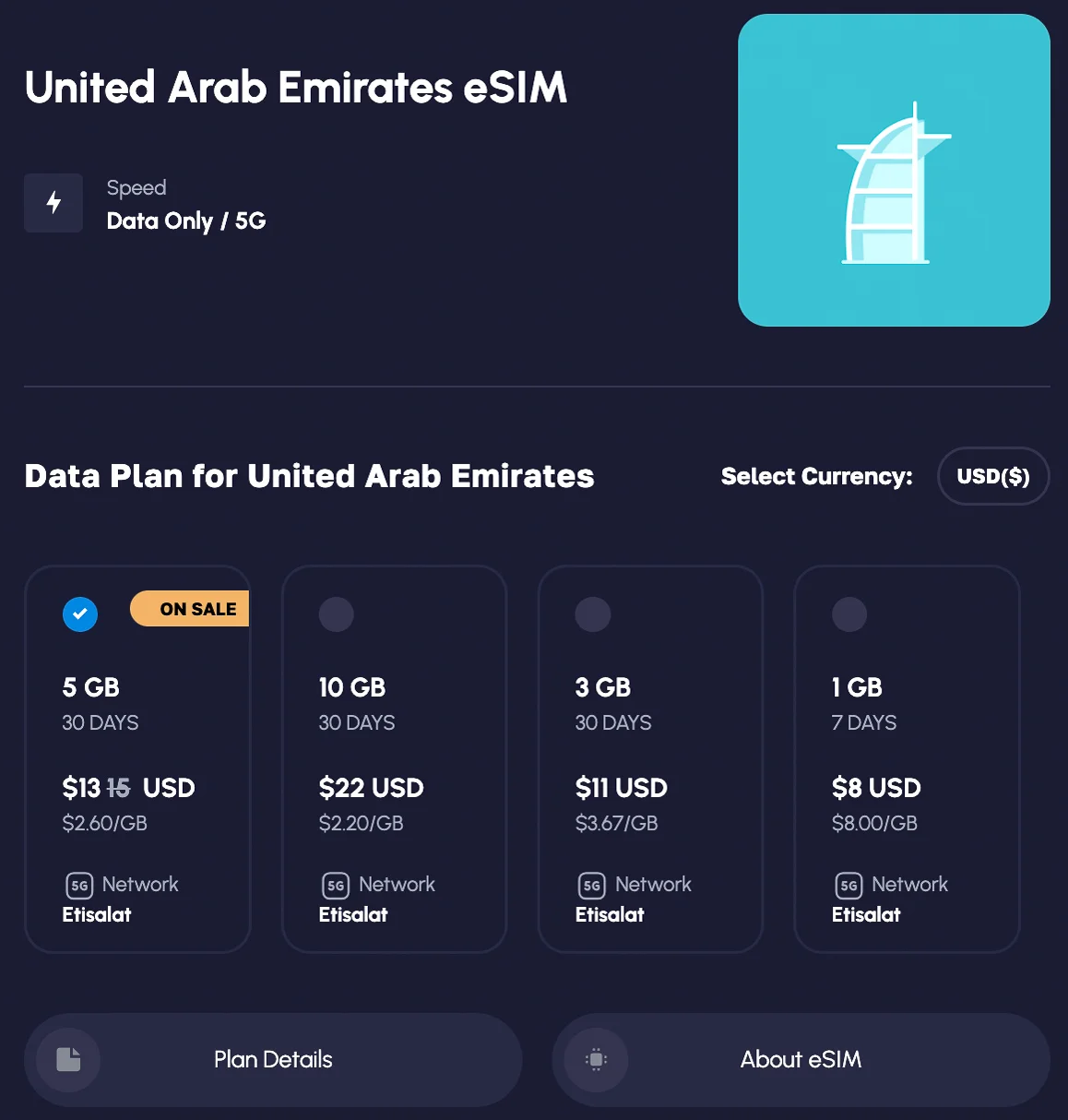Navigating The Transition: Challenges For Federal Workers Seeking State/Local Jobs

Table of Contents
Understanding the Differences in Compensation and Benefits
One of the most significant hurdles in a Federal to State/Local Job Transition is the often-substantial difference in compensation and benefits packages. Federal employees often enjoy higher salaries and more comprehensive benefits than their state and local counterparts.
Salary Discrepancies:
Often, state and local government salaries are lower than federal counterparts, especially for equivalent positions and experience levels. This requires careful budgeting and financial planning before making the switch.
- Research average salaries: Use online resources like Salary.com, Glassdoor, and Payscale to research average salaries for similar roles in your target state/local government. Consider using the specific job title and location for accurate results.
- Cost of living analysis: Compare the cost of living in your current location to your potential new location. Websites like NerdWallet and BestPlaces can help you determine if the lower salary is offset by a lower cost of living.
- Comprehensive financial planning: Factor in potential loss of benefits, reduced retirement contributions, and any relocation costs. Consult with a financial advisor to assess the long-term financial implications of your transition.
Retirement System Variations:
Federal employees often benefit from generous retirement plans like the Federal Employees Retirement System (FERS). State and local retirement systems vary significantly, sometimes offering less generous benefits or requiring longer vesting periods.
- Research state/local retirement plans: Thoroughly research the specific retirement plan offered by the prospective state/local government employer. Understand the contribution rates, vesting schedules, and benefit calculations.
- Financial advisor consultation: Consult with a financial advisor to understand the long-term implications of switching retirement plans. They can help you compare the value of your current and potential future retirement benefits.
- Federal retirement portability: Investigate the portability of your federal retirement benefits. Understanding how your FERS contributions will transfer, if at all, is critical to your long-term financial security.
Health Insurance and Other Benefits:
Federal health insurance programs often provide comprehensive coverage. State and local plans can vary widely in their coverage, cost-sharing, and available options.
- Careful comparison of health plans: Before accepting a position, carefully compare the available health insurance options. Consider factors like premiums, deductibles, co-pays, and the network of providers.
- Full benefits package review: Inquire about other benefits such as paid time off (PTO), sick leave, parental leave, life insurance, and disability insurance. Evaluate the overall benefits package relative to the salary offered.
- Negotiation: Don't hesitate to negotiate the benefits package as part of the job offer process. Sometimes, a slightly lower salary can be acceptable if the benefits package is more comprehensive.
Navigating the Application and Hiring Process
The application and hiring process for state and local government positions differs from the federal process. Understanding these differences is critical for a successful Federal to State/Local Job Transition.
Transferable Skills and Experience:
Highlighting relevant skills and experience is crucial. Focus on transferable skills and accomplishments, not just job titles. Federal experience often translates well, but it needs to be presented effectively.
- Tailored resume and cover letter: Customize your resume and cover letter for each specific job application. Highlight skills and experiences directly relevant to the job description.
- Keyword optimization: Use keywords from the job description in your resume and cover letter. This helps applicant tracking systems (ATS) identify your application as a potential match.
- Quantifiable accomplishments: Quantify your accomplishments whenever possible. Use metrics and data to demonstrate the impact of your work in previous roles.
Networking and Connections:
Building relationships within the state/local government sector significantly improves your chances of finding a suitable position.
- Industry events and conferences: Attend relevant industry events and conferences to network with professionals in your field.
- LinkedIn networking: Utilize LinkedIn to connect with individuals working in state and local government. Join relevant groups and participate in discussions.
- Leverage your network: Reach out to your existing professional network to see if they have any connections in state or local government.
Understanding the Application Requirements:
State and local government applications often have unique requirements and processes. Familiarize yourself with these requirements well in advance.
- Review application instructions carefully: Pay close attention to application instructions, deadlines, and required documents.
- Complete applications thoroughly: Ensure all required documents are submitted accurately and on time.
- Prepare for interviews and assessments: Prepare for potential interviews and assessments, including behavioral questions, technical assessments, or written exams.
Addressing Potential Cultural Differences
A successful Federal to State/Local Job Transition also requires understanding and adapting to potential cultural differences.
Organizational Structures:
State and local government agencies may have different organizational structures and hierarchies compared to federal agencies. Expect a potentially flatter organizational structure and different reporting relationships.
Political Landscape:
The political environment in state and local government can be significantly different from the federal level. Be aware of the potential influence of local politics on your work.
Community Engagement:
State and local government roles often involve a greater degree of community engagement and interaction. Be prepared for more direct interaction with the public and community stakeholders.
Conclusion
Successfully navigating the Federal to State/Local Job Transition requires careful planning and preparation. Understanding the differences in compensation, benefits, and the application process is crucial. By proactively addressing potential challenges and leveraging your existing skills and network, you can significantly increase your chances of a smooth and successful transition. Start researching potential opportunities and begin tailoring your resume and cover letter today. Don't delay your Federal to State/Local Job Transition – begin your search now!

Featured Posts
-
 10 Gb Uae Sim Card With Abu Dhabi Pass Save 15 On Attractions
Apr 28, 2025
10 Gb Uae Sim Card With Abu Dhabi Pass Save 15 On Attractions
Apr 28, 2025 -
 White House Cocaine Incident Secret Service Announces End Of Investigation
Apr 28, 2025
White House Cocaine Incident Secret Service Announces End Of Investigation
Apr 28, 2025 -
 Times Trump Interview 9 Key Takeaways On Annexing Canada Xis Calls And Third Term Loopholes
Apr 28, 2025
Times Trump Interview 9 Key Takeaways On Annexing Canada Xis Calls And Third Term Loopholes
Apr 28, 2025 -
 2000 Yankees Diary Remembering The Win Against The Royals
Apr 28, 2025
2000 Yankees Diary Remembering The Win Against The Royals
Apr 28, 2025 -
 Sag Aftra Joins Wga Complete Hollywood Production Halt
Apr 28, 2025
Sag Aftra Joins Wga Complete Hollywood Production Halt
Apr 28, 2025
